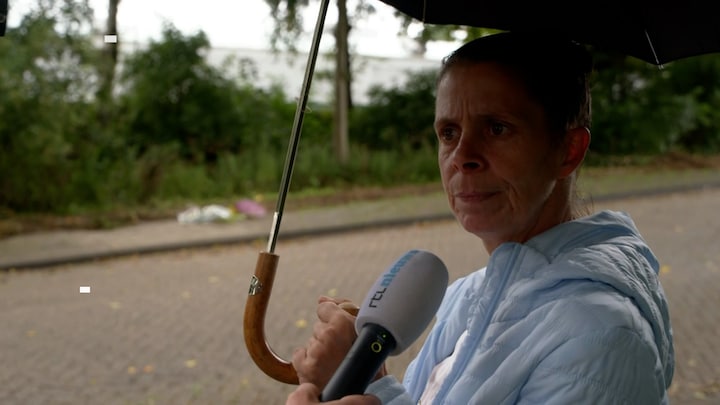AOW is paid for more than half with tax money and that is the first time


The AOW (General Old Age Pension), the basic pension received by Dutch people over 67, was paid for last year for more than half with tax revenue. This is a first. Premium income is increasingly covering the benefits provided by the General Old Age Pensions Act (AOW), as it's officially known.
This is the conclusion of Statistics Netherlands (CBS) after examining the government finances for 2024.
Working people in the Netherlands contribute to their AOW (state pension) expenses through national insurance contributions. This contribution is paid through your employer or through income tax if you are self-employed. Since 2000, premium income for the AOW has increased by 14 percent: from €20.5 billion to €23.4 billion in 2024.
More tax money to AOWBut AOW expenditure increased much faster in the same period: from 19.1 billion euros to 51.9 billion euros (172 percent).
Since 2001, AOW premiums have been insufficient to cover benefits. The national government covers the difference between AOW benefits and AOW premiums with general funds, i.e., tax revenue.
According to Statistics Netherlands (CBS), in 2001 this amounted to €700 million in tax revenue, approximately 4 percent of the total AOW benefits coverage. The contribution from general funds gradually increased in subsequent years. This process is also known as the fiscalization of the AOW.
Almost everyone living and working in the Netherlands receives an AOW (state pension) benefit after reaching a certain age. The amount depends on various factors, such as living arrangements (cohabiting or not) and how long someone has lived in the Netherlands. The AOW retirement age will be at least 67 starting in 2024.
Starting July 1st of this year, a single person will receive €1,527.63 net per month. Holiday allowance is added to this amount. Dutch people who live with a partner will receive less. Even if someone moved to the Netherlands later or lived abroad for a while, they will receive less. People who live in the Netherlands and work abroad are not insured for the AOW (state pension) at that time.
Last year, for the first time, the AOW was funded by more than half of general funds (€28.5 billion, almost 55 percent). Currently, approximately 6 percent of all costs incurred by the Dutch government go to the AOW.
This fiscalization of the AOW is due to expenditures rising much faster than revenues. In addition to the aging population, the increases in AOW benefits are resulting in increased spending. These benefits are linked to the increase in the statutory minimum wage, which has also risen significantly.
On the other hand, the fact that premium income is rising less rapidly is because the government doesn't link these premiums to expenditures. This means that the premiums paid by working Dutch people for the AOW (state pension) aren't rising as rapidly.
SolutionsThe cost of the AOW (state pension) will only continue to rise in the coming years. Several levers can be adjusted to curb these costs. For example, by further increasing the state pension age.
The state pension (AOW) income could also be frozen or decoupled from the minimum wage. This has been discussed for years, and history shows that these solutions are politically unpopular.
Seniors pay themselvesIn addition, seniors could contribute more themselves. Senior officials advocated for this last week. They are calling for some Dutch people already receiving AOW (state pension) to continue paying premiums. The idea is that this would distribute the AOW costs more fairly across the population.
"Not only the working population will contribute, but also affluent retirees with a large supplementary pension. Older people with only an AOW benefit will actually see their net income increase (limitedly)," according to the officials, who point out that a large proportion of retirees are relatively wealthy.
The pension system in the Netherlands is changing. The video below explains who benefits most:
- Open the RTL News app.
- Go to the menu.
- Tap 'Settings' and then 'Notifications' .
- Check the box next to 'Economy' .
RTL Nieuws







